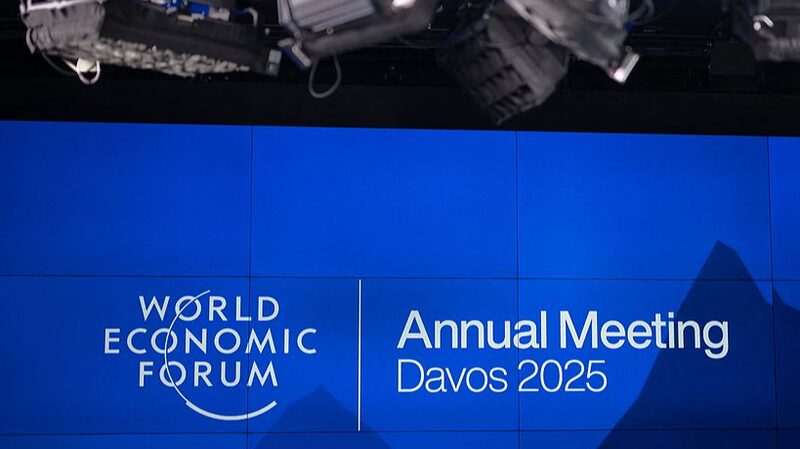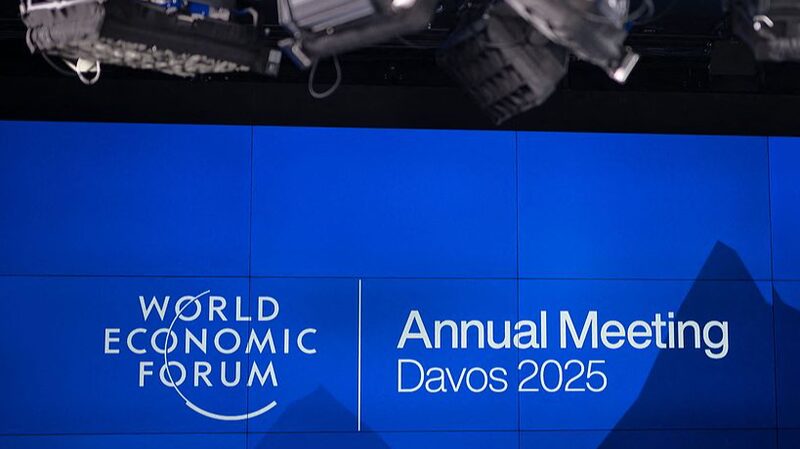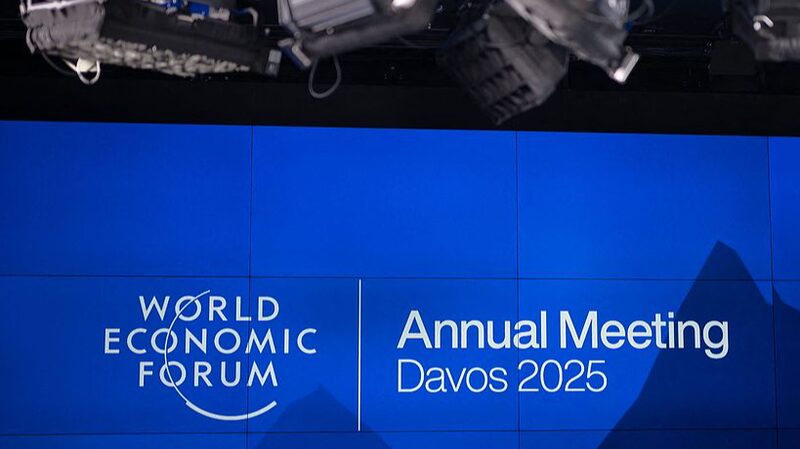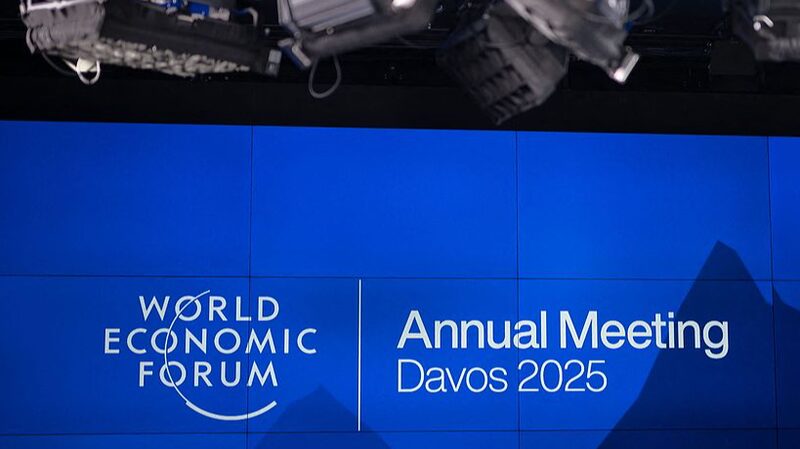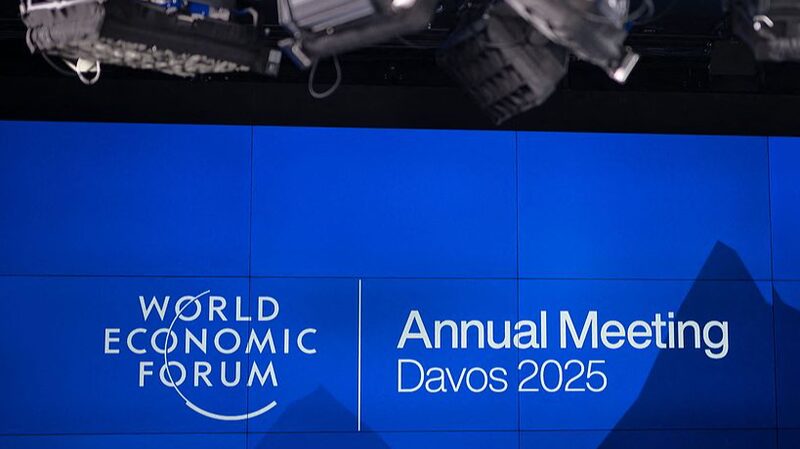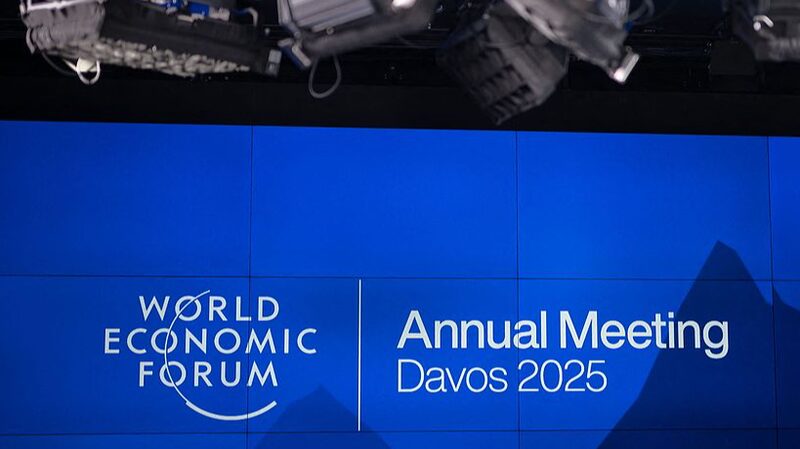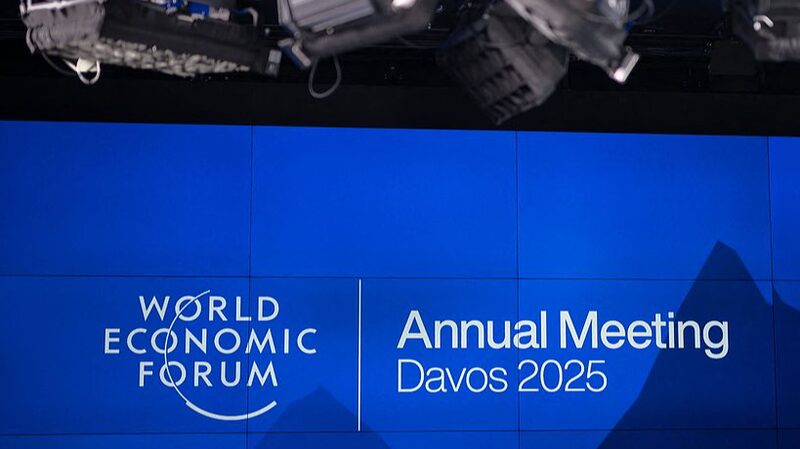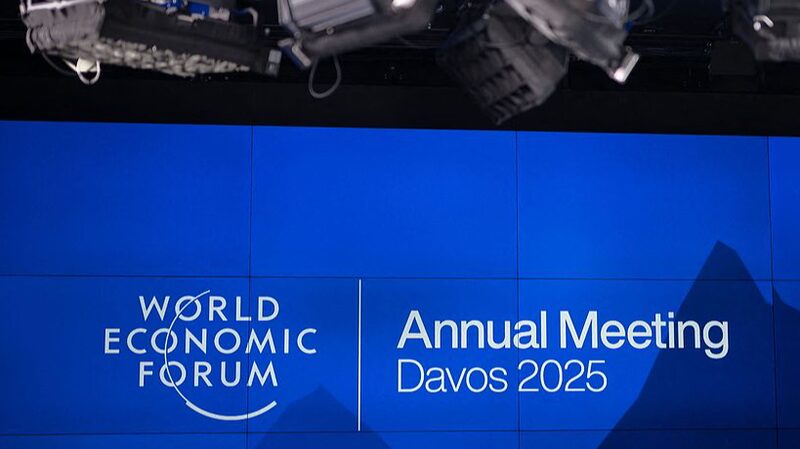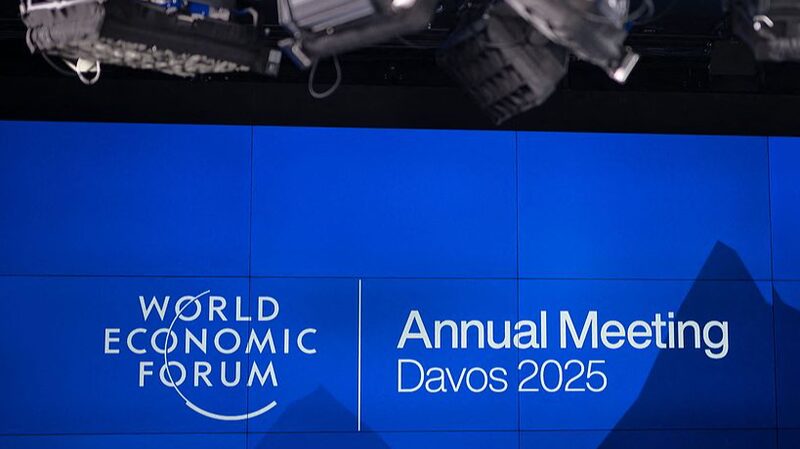The World Economic Forum (WEF) annual meeting, scheduled from January 20 to 24 in Davos, Switzerland, is set to bring together nearly 3,000 leaders from politics, academia, and business, including 60 heads of state and government. This gathering is poised to address pressing global issues and foster collaborations for a better future.
Throughout its history, the WEF has been a catalyst for significant global developments. In 1992, for instance, Nelson Mandela and F.W. de Klerk met outside South Africa for the first time at Davos, symbolizing a pivotal moment in the fight against apartheid. Similarly, in 1998, amid a financial crisis, the idea of creating a dialogue platform between developed and developing nations emerged, laying the groundwork for the Group of 20.
The upcoming Davos 2025 meeting is anticipated to be even more critical in addressing the growing gap between global aspirations and anxieties. Geopolitical and economic uncertainties, trade tensions, cultural polarization, and climate challenges are becoming increasingly complex and interconnected. At the same time, breakthroughs in quantum computing, biotechnology, and artificial intelligence offer unique opportunities to enhance productivity, improve living standards, and reduce poverty and inequality.
Under the theme “Collaborating for the Intelligent Age,” Davos 2025 will focus on how converging technologies are rapidly transforming our world with the potential to both uplift and divide humanity. The forum will be oriented around five key priorities: “Rethinking Growth,” “Industries in the Intelligent Age,” “Investing in People,” “Safeguarding the Planet,” and “Rebuilding Trust.”
This year’s agenda aims to foster dialogue and collaboration among global leaders to navigate the complexities of the modern world. By addressing these critical issues, the WEF seeks to build a more inclusive and sustainable future for all.
Reference(s):
cgtn.com
